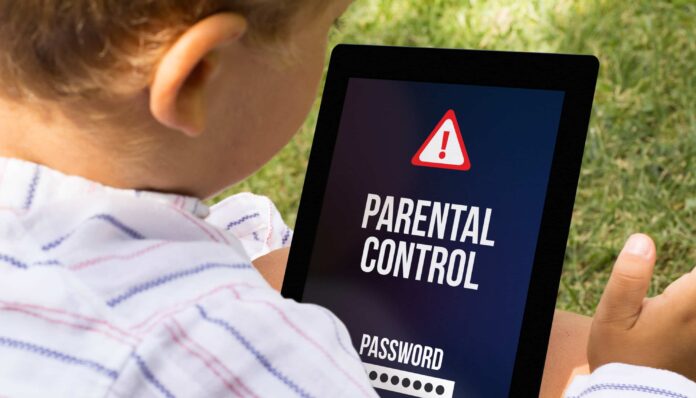Keeping your children safe is the number one priority for all parents. In this increasingly digital age, it’s a concern that encompasses the online space as well as the physical one. A lot of parents use technology as a way to keep their little ones occupied, and if that’s a tactic that you employ then it’s absolutely vital you understand the potential dangers.
From grooming and bullying to gaming attacks or phishing emails, there are many different ways that a child’s mental and physical wellbeing can be adversely affected. Thankfully, it’s an issue that has been recognised through the government’s Online Safety Bill launched in May 2021.
Although the new bill is undeniably a step in the right direction, there are still some key steps that parents can take to keep their children safe when using the web.
Educate them on the dangers
It’s important for you to know what the risks are, and it’s equally vital that your children understand the potential dangers that they face. Teach them how to spot suspicious emails or messages from contacts that they’re not familiar with, and encourage them to tell you about anything that seems unusual or untoward.
It’s a conversation where the balance is difficult to strike and the NSPCC offers advice about how to broach the subject. You want your children to be aware of the dangers without resorting to scaremongering tactics, and the detail you go into will depend on their maturity and what you deem to be age-appropriate.
Put added protection in place
While education and awareness is arguably the most effective method of protecting your loved ones, there are technological tools you can utilise that will act as an added level of security. For example, connecting to a virtual private network (VPN). If you’re wondering ‘What is a VPN?’, it essentially means all your children’s activity and data will be encrypted and therefore extremely difficult for any cyber criminals to access.
As well as investing in a VPN for your home network, you can make sure your devices have antivirus and ad blocker software installed. That way, your phones, tablets, laptops and desktops should all be protected against bugs and your little ones shouldn’t see any advertisements that could contain inappropriate content.
Set some ground rules
For your children, spending time online is a great way to connect with their friends, play games and do research for their schoolwork. They’ve grown up in the digital age and they know nothing else, so taking away their access could cause major ructions within the home.
Instead, try to strike a compromise. That could include limits on screen time, or placing restrictions on certain sites. You could even ask them to share their passwords with you, but if they see that as an invasion of privacy then perhaps you could suggest they use their devices only in communal areas where you can keep an eye out and make sure they’re not exposing themselves to danger.







